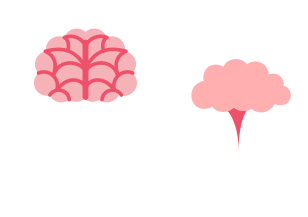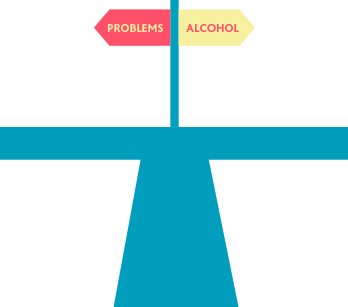Talk
-
Take our quiz
-
Talking about alcohol
Congratulations!
TALK TO YOUR CHILD ABOUT ALCOHOL
It can be difficult to know when to start the conversation about drinking with young people. Even at an early age, children have a fairly sophisticated understanding of alcohol and its effects, which mostly comes from observing their parents or other adult relatives. Each individual family will decide when it is best for them to discuss the issue of alcohol. However, it is best to open the conversation before external influences like marketing, the media and peer groups become stronger. Talking to your child about alcohol shouldn’t be a once-off conversation. It should be an ongoing topic that is revisited when the opportunity presents itself.
-
It’s never too early to start talking
As soon as young people start asking questions about alcohol a parent should be prepared to engage with them. If children come with questions from a young age don’t ignore them as they will seek answers elsewhere and their curiosity could lead to experimentation. If you answer their questions as truthfully as you can, listen to their point of view and engage them in healthy debate then they will keep coming back.
It is important that parents give appropriate messages and tailor conversations to the age and maturity of the young person.
-
Don’t wait for an incident to occur
Be proactive in discussing alcohol with your children. Ideally the conversation should happen naturally and regularly rather than a once off conversation. That way you can gradually introduce the subject in an age appropriate manner. Engaging in regular conversation about alcohol is an opportunity for parents to ascertain their child’s opinion on certain alcohol-related issues and also to see how their opinions change over time.
Do not wait for an alcohol-related incident to occur. If reacting to an incident it is likely that you are not prepared for the conversation and may give inconsistent messages. Having a conversation about alcohol early on will help your child to understand alcohol, its effects and risks when misused.
-
Get the tone right
To facilitate open communication evidence suggests that talking to your child about alcohol be approached as a conversation rather than a lecture (1). When parents come across as judgemental, critical or disapproving of what a young person says, the young person may close up or be afraid to ask questions. Listening to what your young person has to say and discussing their opinions with them shows them that you acknowledge their opinion, whether you agree with it or not.
-
Set rules
Children need boundaries. Evidence suggests that clear rules around alcohol help children understand what is expected of them (2).
However, you can’t expect your children to abide by rules that they didn’t know existed so make sure that you communicate your rules clearly. Agree rules together with your child. Rules are more likely to be kept if they are negotiated and agreed. It is also important that you discuss with your child the consequences for breaking these rules. Make sure that they are appropriate and something you are prepared to follow through with.
-
Choose the right location
Making eye contact can be vital for good communication but funnily enough talking over difficult issues can be easier if you’re not facing each other. Sitting side by side in a car or on the sofa, while you’re cooking or washing up, can take the heat out of the situation.
-
Use triggers to start a conversation
Parents can begin a dialogue about alcohol use through storylines that may occur on television or in the media, or even from incidents that the young person might witness at family gatherings or out socially.
-
References
(1) National Institute on Alcohol Abuse and Alcoholism (NIAAA) Make a Difference. Talk To Your Child About Alcohol. NIH Publication No. 14-4314. Rockville, MD. 2009.
(2) National Institute on Alcohol Abuse and Alcoholism (NIAAA) Make a Difference. Talk To Your Child About Alcohol. NIH Publication No. 14-4314. Rockville, MD. 2009.


























